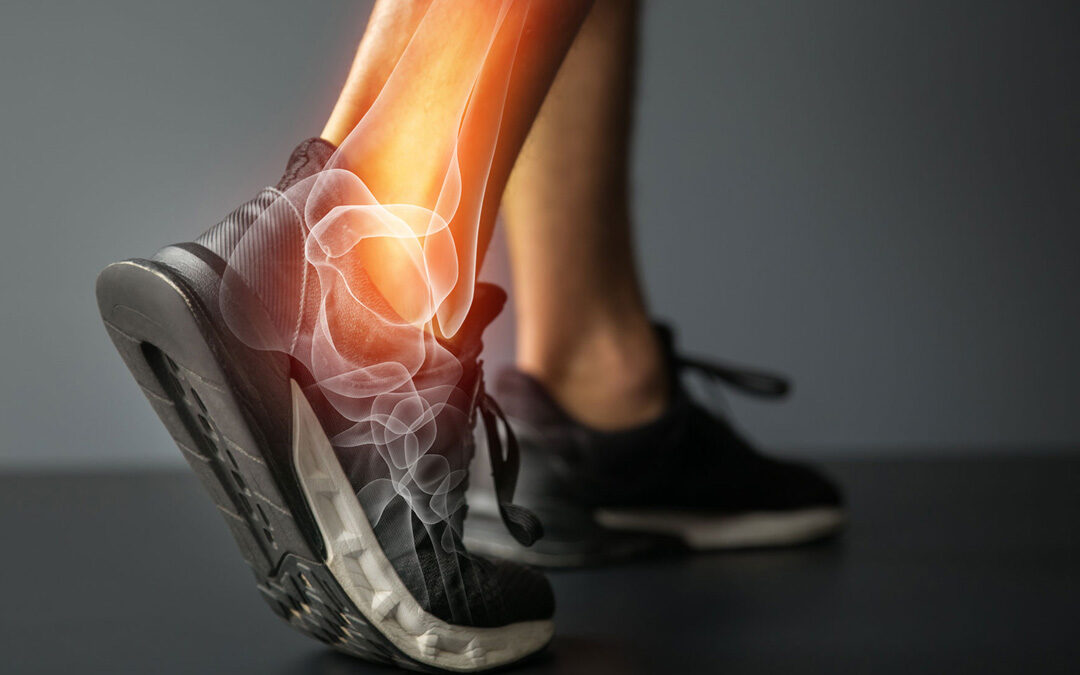Many factors play a role in the risk of injury, including physical activity or sport of choice, body mechanics, and body weight. In recent years, it has also become apparent that genetics plays a role in the risk of many types of injuries, including ankle injuries.
Ankle sprains are among the most common musculoskeletal injuries, ranging in severity from minimal discomfort to complete joint rupture. Understanding the susceptibility and anatomy of these types of injuries may help you avoid them in the future.
In the study of exercise genetics, the NFIB gene is associated with susceptibility to ankle injury. Specifically, carrying an “A” copy of this gene increases the risk for ankle strains, sprains, and overall instability. Conversely, carrying a “T” copy of this gene confers a lower or normal risk of ankle injury.
The COL181A is a gene involved in collagen production, a structural component of tendons and ligaments. The lack of a “G” copy of this gene increases risk of ankle injury.
Prevention and Strengthening
Once you become aware of a genetic predisposition to injury, you can take the critical steps to reduce your risk. For example, you may choose sports that are less likely to cause or exacerbate an injury, you can work with a trainer or coach on appropriate body mechanics to reduce injury, or you can work to strengthen and stabilize the at-risk area.
There are simple methods for preventing injury when you’re ready to hit the trails or get on the basketball court:
- Warm-up slowly before going full-force
- Pick the right shoes for the activity and your foot type
- Understand the proper body mechanics for that particular activity
The inevitably of injury is something with which we all contend. If you find yourself nursing a hurt ankle, focus on recovery and strengthening the ligaments and muscles. Talk to your physician about what exercises will work best for your particular injury.
At ADx Health, we believe that with knowledge comes power. Understanding your genetic predisposition to injury comes with the ability to reduce that risk and keep yourself healthy. If you’d like to understand more about your genetics and how they may affect you, ADx Health recommends speaking to a medical professional about taking a genetic test. ADx offers a comprehensive report that gives you transparency into your genetics. Learn more about the myGenoFit panel here.
These statements are not intended to replace a medical professional’s assessment.








